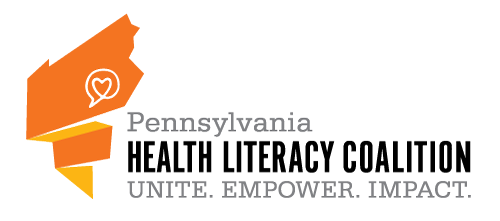The amount of health information available online via the internet, social media, and applications is growing rapidly. As a result, health information is far more accessible to the general public. Patients’ ability to search for answers to their health-related questions quickly and conveniently is one clear upside to this trend. However, it is important to exercise caution when evaluating health information online.
There are several things to consider when using online resources for health purposes. Online health information is difficult to regulate. There is no oversight as to who can post health information online or what they can post. As such, there is no efficient way to control the quality of that information. Some sites like those run by government agencies (.gov), university medical centers (.edu), or medical associations (.org) screen the accuracy of the health information published on their site. Other sites are not held to the same standard.
Secondly, the health literacy of those accessing health information online varies widely. It is difficult to check a patient’s understanding and ensure that the information found is relevant to an individual patient’s condition or concern. Finally, anyone seeking an answer to their health odyssey may be susceptible to believing information from sites that offer health remedies without a scientific basis. Acting on this information without consulting a health care provider may interfere with a patient’s care or result in dangerous complications.
The tips in the following checklist may be beneficial when evaluating online health information.,, Please also refer to our Resources page for additional tools. Ultimately, it is always the best policy to consult a health care provider about any health-related questions.

